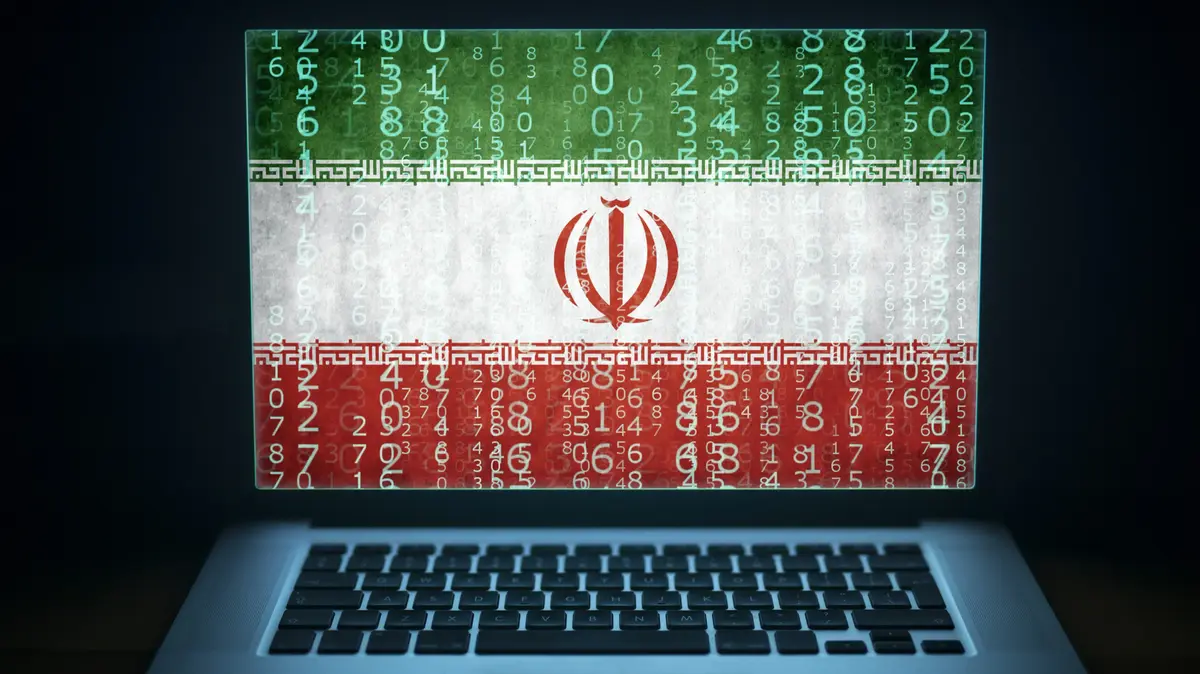Three experts, including the former NSC chief, deal with the exposed laser intercept details • Where does the technology fall and how will it benefit later?
Photo Imaging: Department of Public Speaking and Publications, Ministry of Defense
Last week, the Ministry of Defense unveiled an innovative, first-of-its-kind laser interceptor that can intercept threats far cheaper than existing technologies such as the Iron Dome. In what was defined as a dramatic breakthrough, it was determined that it would develop "interception systems that would bring strategic change in air defense capabilities."
The defense news site, one of the world's leading security sites, analyzed the breakthrough over the weekend and examined whether it was indeed a revolution. The article was co-authored by Jacob Nagel, who previously served as Deputy Chief of National Security, Major Lynn "Trixie" Zivitsky, a U.S. Air Force intelligence analyst, and Bradley Bowman, a former national security adviser to members of the U.S. Senate Security Committee. The three writers are the most senior in their field.
"Israeli government scientists and industry partners develop a solid-state laser source capable of producing a coherent beam, based on a number of smaller laser modules, powerful enough to intercept missiles and rockets," the three explained. The first two programs presented by the Defense Ministry focus on the ability to produce a ground laser that will function as an iron dome supplement, and a laser capability installed on a vehicle aimed at protecting mobile forces. "The third plan, which may take longer to develop, seeks to produce an airborne version that will protect larger areas."
Although it is a revolution, the three states, the fact that the Ministry of Defense wants to demonstrate this year's laser capabilities is challenging. "This timeline can be challenging. Although development is a significant milestone, it is also important to understand the limitations of technology."
"This technology has the potential to provide frugal capability for missile defense. The development of the system is expensive, but the cost of a single laser launch is negligible. Therefore, once the system is manufactured, the ability to lower the cost of launching expensive interceptors at relatively inexpensive rival rockets can be reduced." They added: "The technology can provide Israel with an almost inexhaustible stock of intercepts, for certain missions, as long as military forces maintain access to electricity."
But here, too, comes the message - "Despite these significant advantages, contemporary technical reality presents some limitations." For example, experts say, the technology will not provide an interception at light speed. Admittedly, the fund will reach this goal at a much faster rate than a traditional interceptor, but it will have to stay on target for a few seconds before destroying it. "The length of time required will depend on variables such as distance, beam intensity, atmospheric conditions, the nature of the target and the exact location of the target firing."
Interceptor on an airplane - just below // Imaging: Speech and Information Division, Ministry of Defense
Unlike an Iron Dome, capable of launching multiple interceptors at the same time, each toward a different target, a single Leizer Foundation could focus on one target at a time, they say. "Of course, a number of funds can be operated, but the equipment required can quickly become high-cost. As a result, this laser technology, at least for the time being, is not suitable for dealing with rivals made up of a large number of air threats."
Due to challenges related to cost, weight and maneuverability, the three further determine, probably in the short term, the new technology will work in combination with the Iron Dome batteries and not as an absolute interceptor tool. "If the system works properly, the technology will increase the capability of the Iron Dome system and thus be able to maintain traditional intercepts for destinations and weather conditions that are not suitable for laser beam."
The experts noted that the US Department of Defense is also advancing in the field of laser, and the US military has begun testing lasers designed to destroy drones and missiles, but at present the system is limited and capable of destroying only drones and some tactical missiles. Therefore, "the Israeli Iron Dome match and laser capabilities may be relevant to the US military."
"The next step in laser technology is to increase laser output to defeat the higher threats that lie in the arsenal of the Russian, Chinese and Iranian armies. But it will take some time," they wrote, concluding: "As science fiction technologies become reality, it is important to stay" In Israel they will reach them before their rivals. Given the common needs and proven ability of the two security innovation offices, it is clear that the US and Israel can do this best together. "








